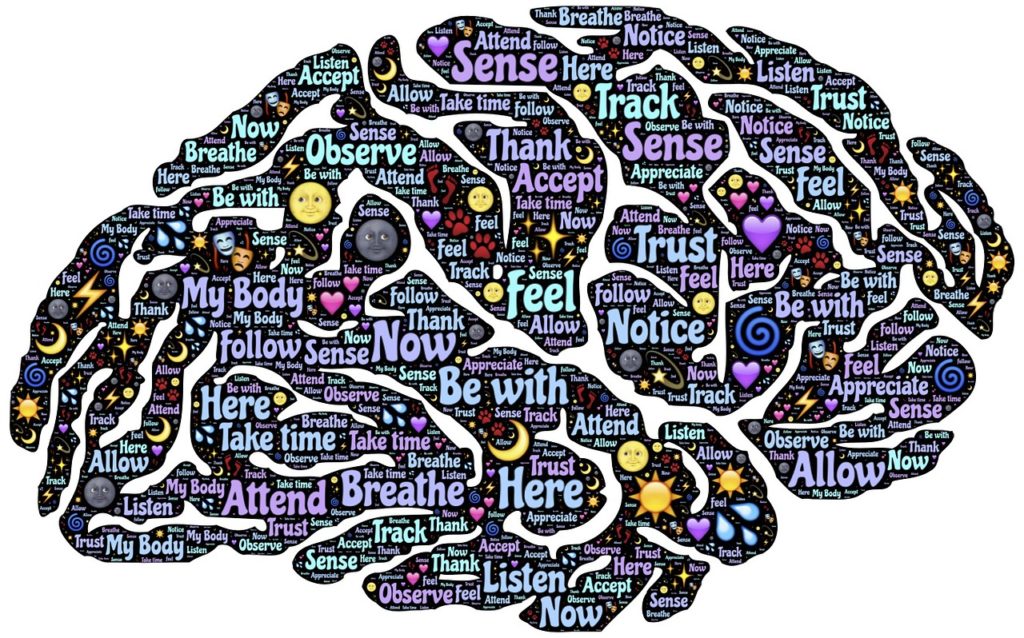A life practice is something you learn to do and that should contribute – at least in part – to living a rich, meaningful, and rewarding life. It is engaging in a behavior that is self-directed, purposeful, and beneficial. It is arguably something that you could and should do on a more or less regular basis, as the benefits are intended to foster good health and pleasure, as well as promoting and contributing to the happiness and well-being of both yourself and others!
The value and importance of a life practice is usually self-evident…but this doesn’t prevent the practice from often being ignored, violated, or discarded. Nevertheless, a life practice – when so engaged – is generally considered a manifestation of that ennobled “pursuit of happiness.”
________
So, what are some of these life practices? As opposed to enduring (at least for a while) practices that are specific to, or manifest in, a more disparate group – like those who like to read, or who learn to play a musical instrument, or play a sport, or those who do crossword puzzles, or those who like gardening – here is a list of some universal life practices that arguably serve anyone and everyone in the general population:
- Self-Care – attending to one’s physical, intellectual, emotional, and spiritual needs
- Well-Being – pursuits and activities that are intrinsically enjoyable, and fuel optimism and a positive sense of self
- Sitting Quietly – cultivate connection & resiliency, mitigate stress, and manage equanimity
- Awakening – gaining insight and enlightenment over the shadows of our conditioning, delusion and ignorance
- The Examined Life – the never-ending exploration in the unfolding and potential of personal endeavor
- Discovery – the proactive habit of nurturing the gift of one’s natural curiosity
- Altruism – or “Their-Care”…finding purpose, connection, and belonging in service to others
________
As presented here (argued, if you will), engaging in and developing a life practice is “a good thing.” And there is no better “sell” than the one the Buddha (amongst others) makes, which goes something like this: “Try it, do it, and if it works keep it – it’s yours. If not, well then, move on…”
________
So where – and how – do we learn about and acquire life practices? As children, we are generally given (okay, more indoctrinated with) certain beliefs; and we’re taught (okay, more often manipulated, threatened or forced) to behave in ways that meet the expectations and rules of the contextual authority responsible (e.g., our parents, school, religion, organization). It is a hallmark of our culture that this early learning is an attempt to teach us, or help us, to meet our perceived and eventual needs; and thus, one would expect, that along the way we might start to develop some good basic life practices. But then…did we?
The answer, when you look closely at your life, is likely, at least to some extent, “Yes!” But the trigger here is that now – as an adult with full autonomy and personal agency – would you like to be more proactive (i.e., be the driver, the one responsible) in making positive and effective changes to or in your life experience?
Actually, you probably already are; for it is within our human nature that we are problem-solvers, as in always trying to figure out what we want to do, or could do, or should do, next. Yet…taking on, learning, and developing a particular life practice is a consciously directed effort, one whose motivation and objective is best served from being considered and understood.
________
What could be a takeaway from reading all this? Maybe begin with an item on the list above…

